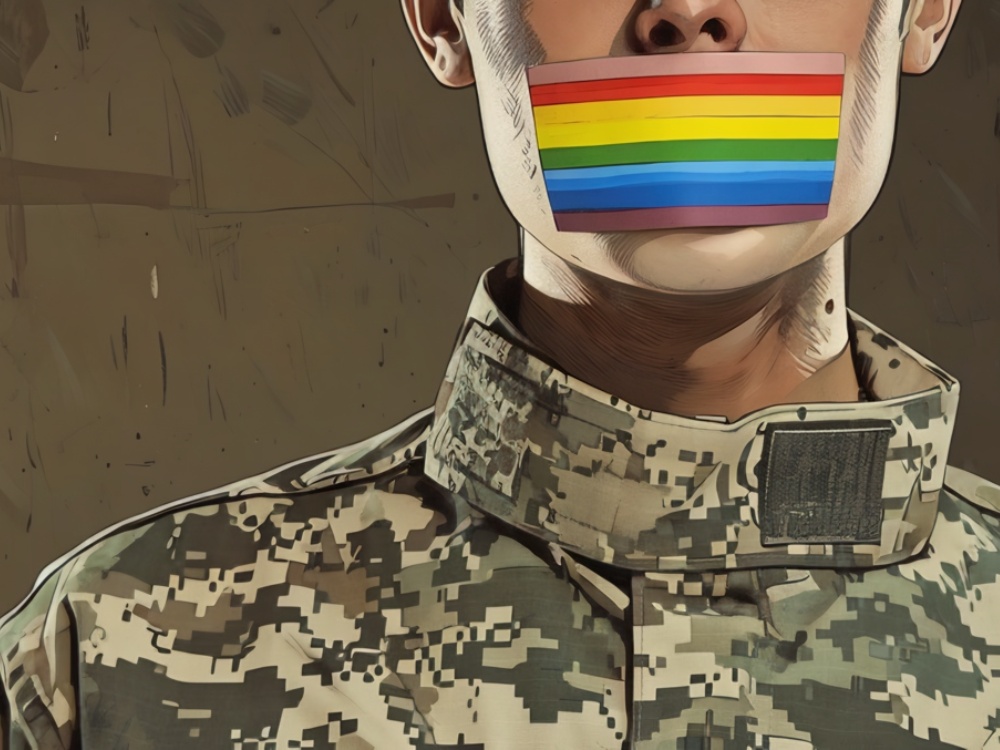Former U.S. Transportation Secretary Pete Buttigieg has responded to pushback over comments he made last month on transgender participation in sports, stating that the debate is “especially hurtful for trans people” and often used to divide the public.
Speaking with NPR in July, Buttigieg said the issue should be approached with both “compassion for transgender people” and “empathy for people who are not sure what all of this means for them.” He acknowledged there are “serious fairness issues” involved in the conversation and called for decisions to be made by sports leagues and school boards, not politicians in Washington.
While some praised his stance for rejecting federal bans, others within progressive circles criticised Buttigieg’s framing for potentially giving weight to right-wing talking points.
In a recent interview with TikTok influencer Aaron Parnas, Buttigieg was asked to address concerns from fellow Democrats who feel he may have contributed to a Republican-driven wedge issue.
“What’s your response to folks who say you kind of played into a wedge issue for Republicans… that ultimately leaves trans Americans behind?” Parnas asked.
Buttigieg replied by reinforcing his belief that the conversation must remain grounded in care for those most affected.
“We do need to lead with compassion on this,” he said. “It’s especially hurtful for trans people and people with transgender members of their family who witness themselves or people they love being used as a political football.”
“There have always been attempts in politics to get ahead by demonising or dismissing entire groups of people,” he continued. “Right now, one of the most vulnerable minorities in this country is being targeted.”
Buttigieg reiterated that while trans athletes’ participation in school and amateur sports is “extremely rare,” when it arises, “people are going to have questions about how to make sure that’s fair. And we should take those questions seriously and face those together.”
He concluded by restating his position that decisions on trans sports inclusion should be made locally, rather than by politicians seeking political gain.
Democrats Divided
Buttigieg’s comments echo sentiments shared earlier this year by California Governor Gavin Newsom, who said trans participation in sport can be “deeply unfair.” Newsom later clarified that his views were shaped not by conservatives, but by “good human beings” raising concerns in good faith.
While both Newsom and Buttigieg have long-standing support for LGBTQ+ rights, their more cautious approach to transgender participation in sport has exposed a growing divide within the Democratic Party on the issue — particularly as it becomes a flashpoint in conservative political campaigns.
A 2024 YouGov poll showed that trans youth’s access to gender-affirming care and sport participation were the least supported areas of trans rights among the U.S. public, while protections from hate crimes, employment discrimination, and military service drew far stronger backing.


































